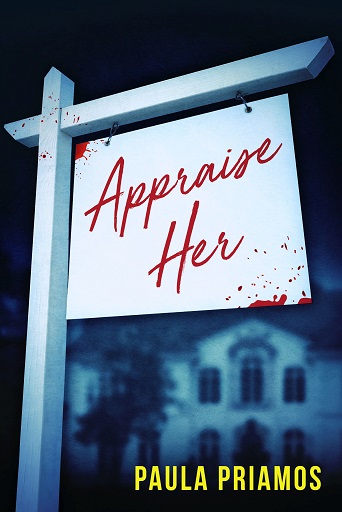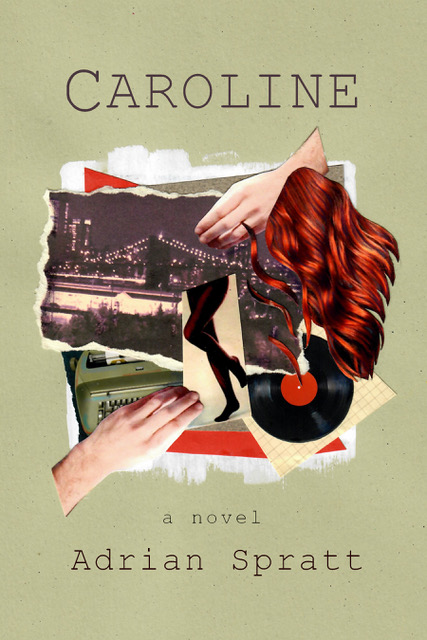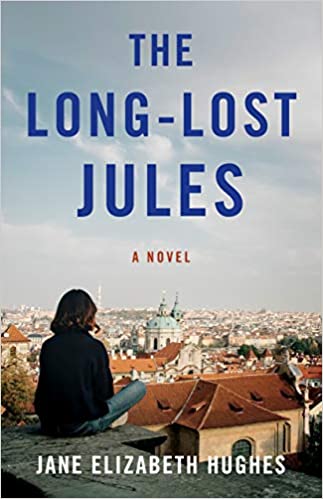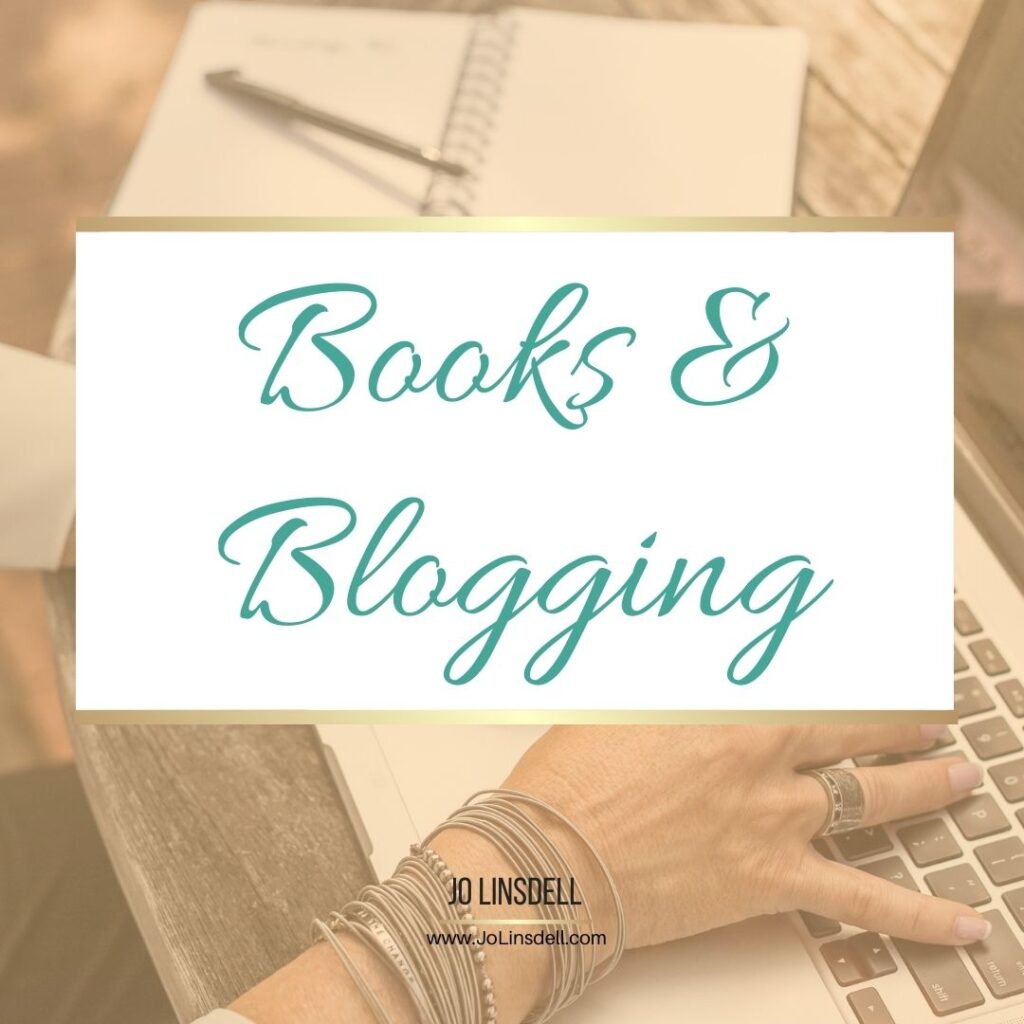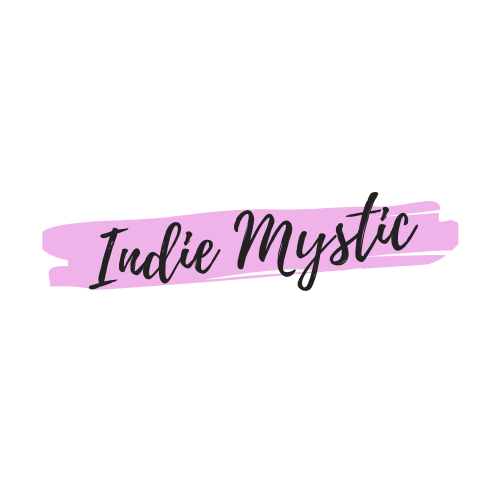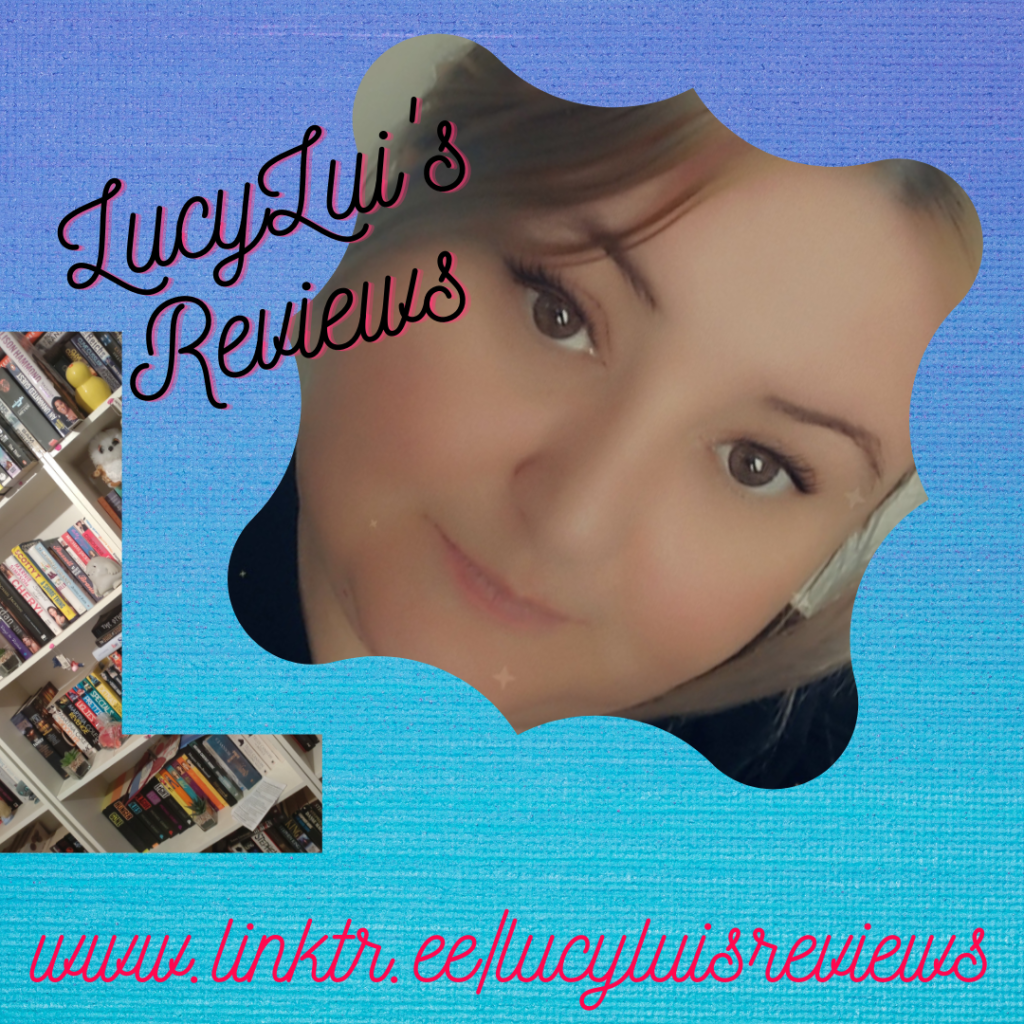
About Reviewing
How did you get started?
I’ve got fibromyalgia and due to that I had to give up work, I’ve always loved reading and being out of work I needed something to stop myself going insane from being home all day so I started reviewing the books I was reading and it really took on a life of its own from there.
How do you review a book? Is it a read first, and then make notes, or do you make notes as you go along?
I usually read on kindle, so I like to highlight things as I go, especially quotes as I like to make graphics for my socials with quotes from the books I’m reading that have made me laugh or have made an impact with me. I also have a notepad beside my reading chair that I use to make notes in as I read.
If a book has a great plot, great characters, but the grammar is less than perfect, how do you deal with that?
When I first started out I was more focused on the plot and characters but now I’m currently training to be a proofreader and copy editor so I’m finding that I’m picking up more and more on grammar, sentence structure etc. I do mark down slightly for grammatical mistakes but not massively as the books I’m reviewing are usually ARC’s. In this case I contact the author and let them know.
How long does it take you to get through, say, an eighty thousand-word book?
Anywhere from a day to two days. I’m a fast reader and as I said above I’m out of work on disability so I treat my book reviewing as a full time job.
How did you come up with your rating system, and could you explain more about the rating system?
When I first started out, I searched around other blogs and reviewers to get an idea of how other reviewers came up with their rating systems. I came up with a rating system I think it fair. I use 7 categories and score each one out of 10, I then add these up to get a total score and divide by 7. This gives me an average score which I use to determine how many stars the book should get. I know it sounds complicated. There is a page on my website that fully explains how I work out my star ratings.
What advice could you give to authors looking to get their books reviewed?
Getting a good established ARC team seems to work from what I’ve seen from author’s I’ve worked with in the past. Make sure your books are copyrighted I know there’s a lot of trouble going around at the moment with plagiarism, which is just terrible in my opinion.
Do you get readers emailing you and thanking you for a review?
I’ve had a few yes, mainly I get a lot of thank you’s from the authors I review for which is always lovely.
My advice to authors on getting a ‘bad’ review (hasten to add that might mean a perfectly honest, well written, fair review – just bad from the author’s point of view) is to take what you can from it and move on. Under no circumstances to ‘argue’ with the reviewer – would you agree with that?
Oh yes defiantly, everything can be a learning curve. Even if I have to leave a negative review I always make sure I am never nasty in my review and I never say anything about the author themselves I’ve seen this done by other reviewers before. A review doesn’t need to be personal against the author.
About Reading
We talk a lot about writing here on the blog, and possibly not enough about reading, which is after all why we’re all here. Why do you think people love reading? We’re seeing lots of statistics that say reading as a pastime is dying – do you think that’s the case?
I think reading gives people an escape from the real world. I know that’s what got me into reading as a child. I used it as an escape from my childhood and that never left me. I don’t think reading as a pastime will ever die, people will always need to read.
About Writing
What are the most common mistakes that you see authors making?
As I mainly read ARC’s its usually just the odd grammatical mistake. I’ve come across a few times where the author had obviously changed one of the characters names but had missed a few of the previous names when changing. One of my biggest pet peeves is the overuse of certain words. The most recent case was a massive overuse of the word Lover. I counted 18 times in one chapter.
We’re told that the first page, paragraph, chapter, is absolutely key in making or breaking a book. Agents typically request only the first five pages of a novel; what do you think about that? If a book hasn’t grabbed you by the first five pages, do you put it down?
I like to give a book 5 chapters before I decide it’s not gripping me. I really don’t like to DNF a book but it does happen sometimes. I think 5 pages is too short to make a decision if a book is good or not.
Is there anything you will not review?
I don’t like non-fiction, historical fiction, classics or middle grade books and I’m not a huge fan of M/F romances but I will read them. I don’t have any triggers as such but I won’t read non-con/dub-con.
About Publishing
What do you think of the oft-quoted comment that the “slush-pile has moved online”?
I mean it is true, it is a lot easier for people to publish these days but I don’t think that’s a bad thing. Allowing people control over their own books and publishing has to be a good thing.
Do you think attitudes are changing with respect to indie or self-published titles?
I hope so, I don’t see why how a book is published should effect what people think of the book. If the book is good and the author is good, does it really matter if the book is from a big publishing company or if its self-published. If you get to read a great book and discover a new great author it’s a win win all round.
Do you have any ideas or comments on how the industry can ‘filter’ good from bad, aside from reviews?
I’m not sure there is a good or bad side. You like what you like and don’t like what you don’t. Reviews give you an insight into what others felt about the book. The only way to find out if you’re going to like the book is to read it yourself.
End of Interview:
Read LucyLui’s reviews at Lu’s Wonderland.

